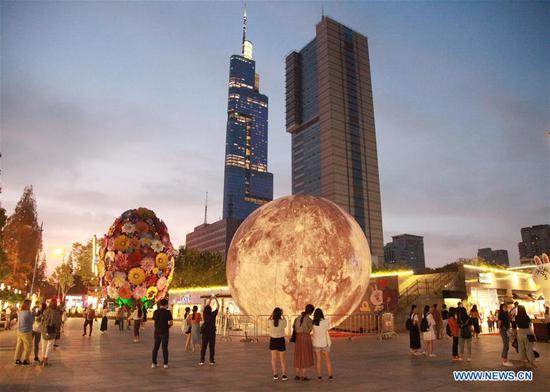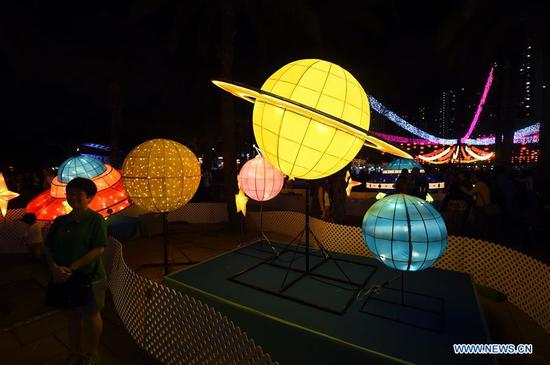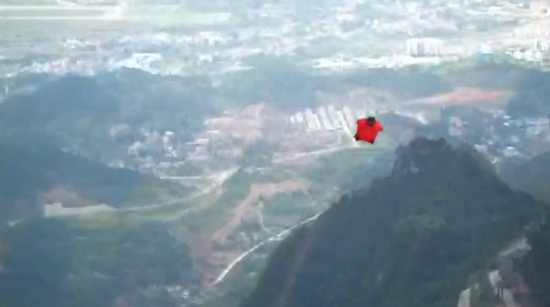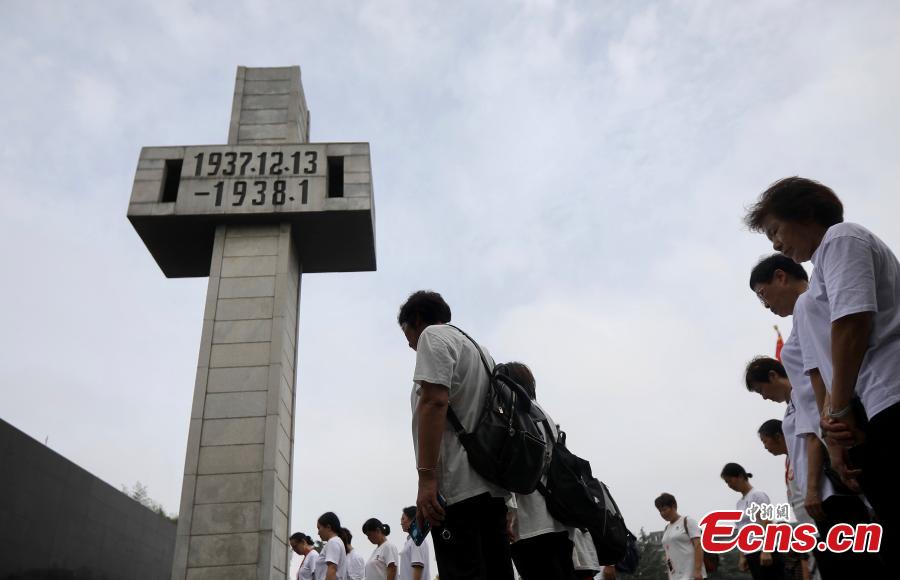
Visitors pause to mourn the deceased in silence at the Memorial Hall of the Victims in Nanjing Massacre by Japanese Invaders in Nanjing City, Jiangsu Province, Sept. 18, 2018. On September 18, 1931, the Japanese Kwantung Army stationed in northeast China destroyed a section of the railway near Liutiaohu and then falsely accused the Chinese military of causing the explosion. Using this as a pretext, the Japanese then bombarded Shenyang and began invasion of northeast China. (Photo: China News Service/Yang Bo)

Visitors strike the Peace Bell at the Memorial Hall of the Victims in Nanjing Massacre by Japanese Invaders in Nanjing City, Jiangsu Province, Sept. 18, 2018. On September 18, 1931, the Japanese Kwantung Army stationed in northeast China destroyed a section of the railway near Liutiaohu and then falsely accused the Chinese military of causing the explosion. Using this as a pretext, the Japanese then bombarded Shenyang and began invasion of northeast China. (Photo: China News Service/Yang Bo)
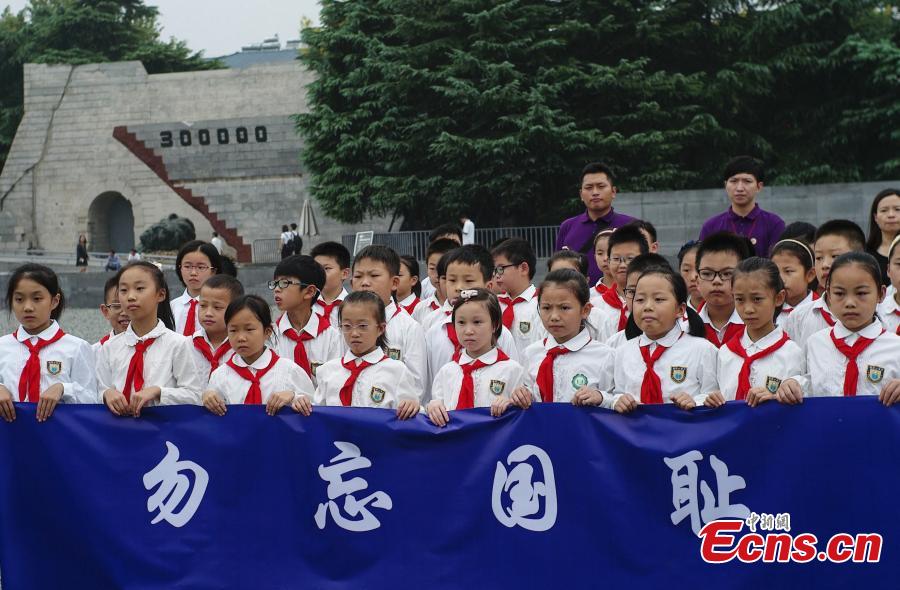
Students mourn the deceased in silence at the Memorial Hall of the Victims in Nanjing Massacre by Japanese Invaders in Nanjing City, Jiangsu Province, Sept. 18, 2018. On September 18, 1931, the Japanese Kwantung Army stationed in northeast China destroyed a section of the railway near Liutiaohu and then falsely accused the Chinese military of causing the explosion. Using this as a pretext, the Japanese then bombarded Shenyang and began invasion of northeast China. (Photo: China News Service/Yang Bo)

Visitors go to attend a ceremony to commemorate the 87th anniversary of the "Sept. 18 Incident", in Shenyang, Liaoning Province, Sept. 18, 2018. On September 18, 1931, the Japanese Kwantung Army stationed in northeast China destroyed a section of the railway near Liutiaohu and then falsely accused the Chinese military of causing the explosion. Using this as a pretext, the Japanese then bombarded Shenyang and began invasion of northeast China. (Photo: China News Service/Yu Haiyang)
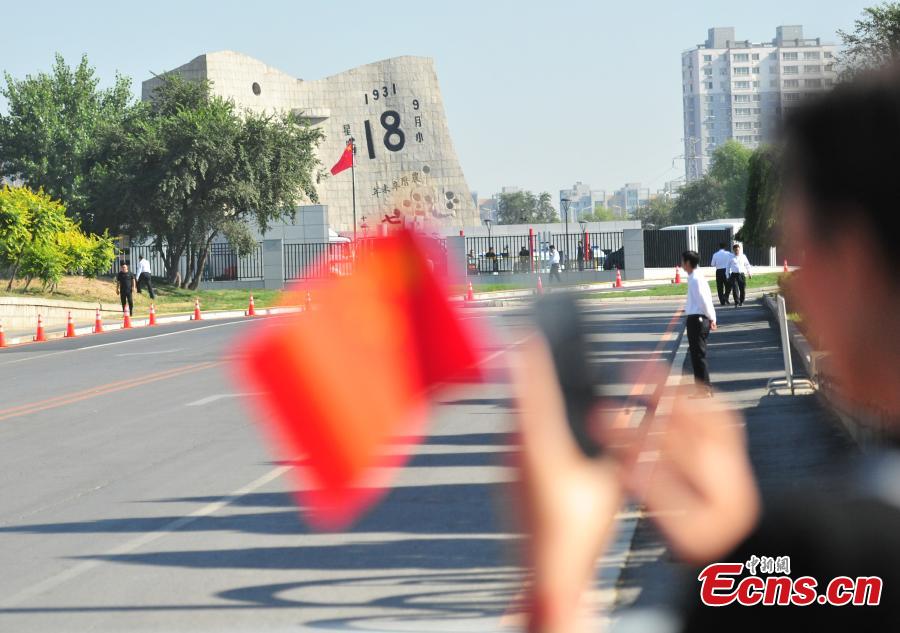
Visitors go to attend a ceremony to commemorate the 87th anniversary of the "Sept. 18 Incident", in Shenyang, Liaoning Province, Sept. 18, 2018. On September 18, 1931, the Japanese Kwantung Army stationed in northeast China destroyed a section of the railway near Liutiaohu and then falsely accused the Chinese military of causing the explosion. Using this as a pretext, the Japanese then bombarded Shenyang and began invasion of northeast China. (Photo: China News Service/Yu Haiyang)
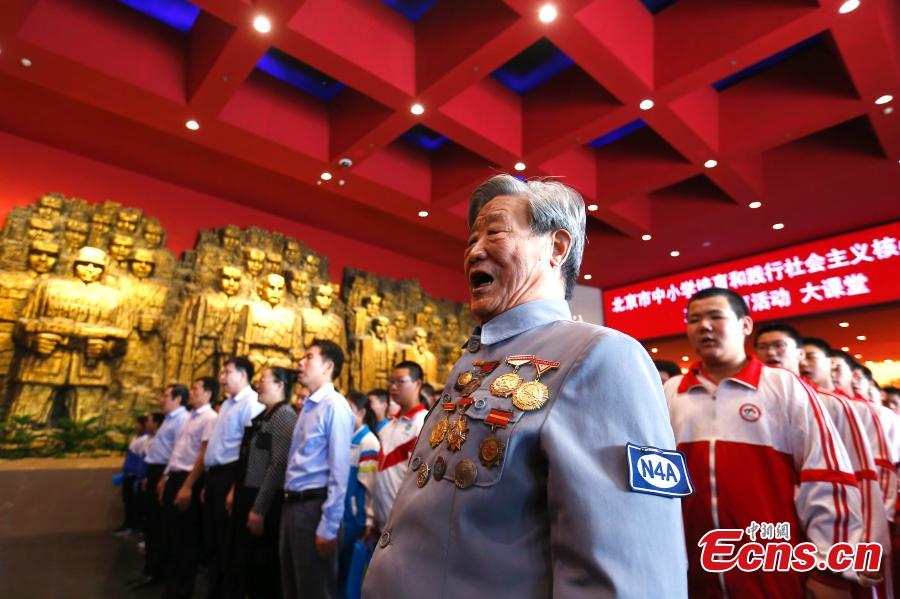
The 94-year-old New Fourth Army veteran Jiao Runkun salutes to martyrs at the Museum of the War of Chinese People's Resistance Against Japanese Aggression in Beijing, Sept. 18, 2018. On September 18, 1931, the Japanese Kwantung Army stationed in northeast China destroyed a section of the railway near Liutiaohu and then falsely accused the Chinese military of causing the explosion. Using this as a pretext, the Japanese then bombarded Shenyang and began invasion of northeast China. (Photo: China News Service/Fu Tian)
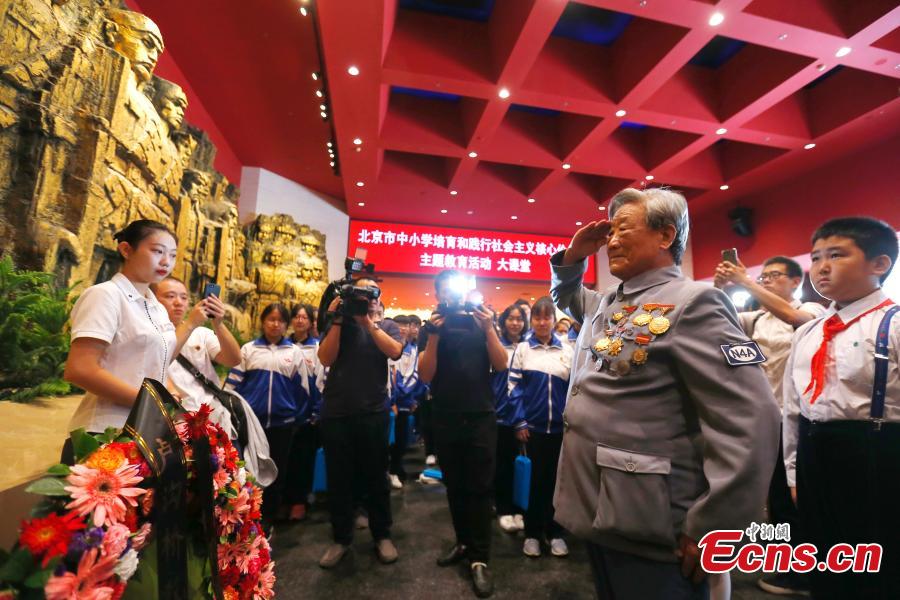
The 94-year-old New Fourth Army veteran Jiao Runkun salutes to martyrs at the Museum of the War of Chinese People's Resistance Against Japanese Aggression in Beijing, Sept. 18, 2018. On September 18, 1931, the Japanese Kwantung Army stationed in northeast China destroyed a section of the railway near Liutiaohu and then falsely accused the Chinese military of causing the explosion. Using this as a pretext, the Japanese then bombarded Shenyang and began invasion of northeast China. (Photo: China News Service/Fu Tian)











